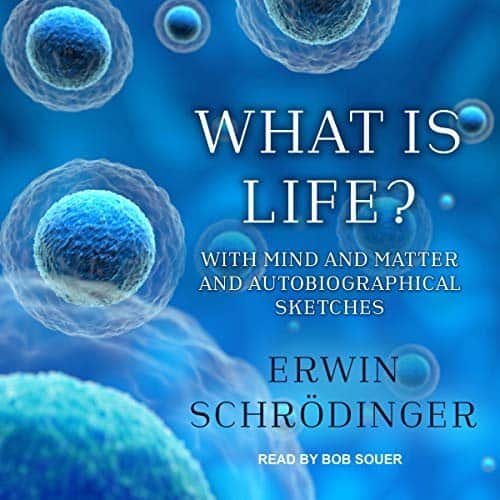Moving from Separateness to Unity
Unlock the profound wisdom of Nonduality in Eastern Philosophy. This ancient concept, deeply rooted in Eastern spiritual traditions like Advaita Vedanta, Buddhism, and Taoism, reveals that existence is an indivisible, interconnected whole. By exploring the teachings and practices that dissolve the illusion of a separate self, you’ll uncover the boundless unity that is your true nature. Don’t miss this enlightening 5-minute read that could change your perception of reality forever.
Ancient Traditions Point to the Interconnectedness Underlying Reality
Nonduality is the concept that existence is an indivisible whole rather than divided into separate, independent parts.
Eastern spiritual traditions reveal nonduality as the true nature of consciousness – an open, boundless awareness that permeates all apparent forms.
Eastern teachings and practices help unravel our limited identification as individual egos to unveil our nondual essence.
“The multiplicity is only apparent. This is the doctrine of the Upanishads. And not of the Upanishads only. The mystical experience of the union with God regularly leads to this view, unless strong prejudices stand in the West.” – Erwin Schrödinger
- In Advaita Vedanta, the separate self is seen as an illusion that veils the oneness of Brahman. Self-inquiry dissolves this illusion.
- In Buddhism’s concept of dependent origination, nothing exists independently but only arises in relation to other things and events.
- Taoism speaks of a singular force or flow uniting seeming opposites – yin/yang, masculine/feminine, self/other.
By using conceptual frameworks as pointers rather than absolutes, Eastern wisdom guides us to directly realize the boundless unity that is our very Ground of Being.

